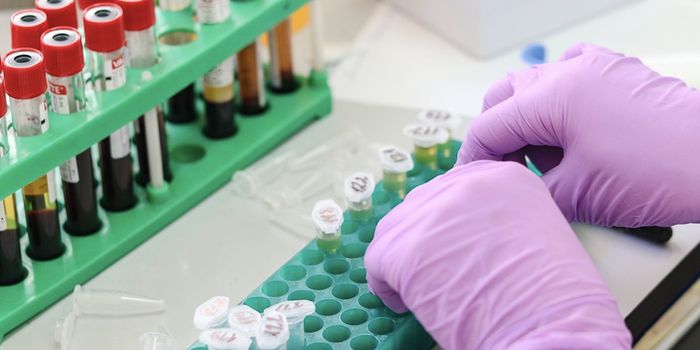New Research Shows Relations Between Testosterone, Competition, and Competitive Endurance
In ancient Greece, Olympic champions were revered, not only for their physical excellence, but also for symbolizing the Greek ideal. Who wouldn’t want to be the object of adoring cheers? Who wouldn’t want their praises sung — literally! — and their names added to the list of esteemed citizens? According to a team of researchers from the U.S. and U.K., such accolades are both rewards and motivations for competition. More specifically, they studied the role competitiveness plays in testosterone reactivity in men and women.
The team conducted two experiments. In the first, students were paired up for a dumbbell lifting competition. The winner was whichever competitor could hold the weight at arm’s length and shoulder height the longest. Also in the first experiment, individual students participated in the same competition, except they were merely told they had a competitor, but could not see them.
Saliva samples were taken from both sets of competitors — the pairs and the individuals —before, immediately after, and finally 15 minutes after the competition. The researchers did not find a significant relation between competitiveness and testosterone reactivity.
The second experiment, however, yielded significantly different results. This time, there was a cash prize for winning. In addition, student participants were randomly assigned to teams, which competed against each other in the same dumbbell lifting exercise as before — this time, competitors could see their opponent. As with the first experiment, saliva tests were taken before the competition, directly after, and 15 minutes after.
For men, the results showed a positive relation between testosterone levels, performance levels, and competitive endurance. Increased testosterone levels correlated with endurance — in this case, holding the dumbbells longer than one’s competitors, and the heightened reward suggest strengthened competitiveness fueled by the increased testosterone levels. In other words, the social status associated with the reward, along with competing directly with an opponent, would seem to influence competitiveness. Moreover, heightened testosterone improves one’s competitive endurance.
Sources: SciWorthy, Hormones and Behavior









